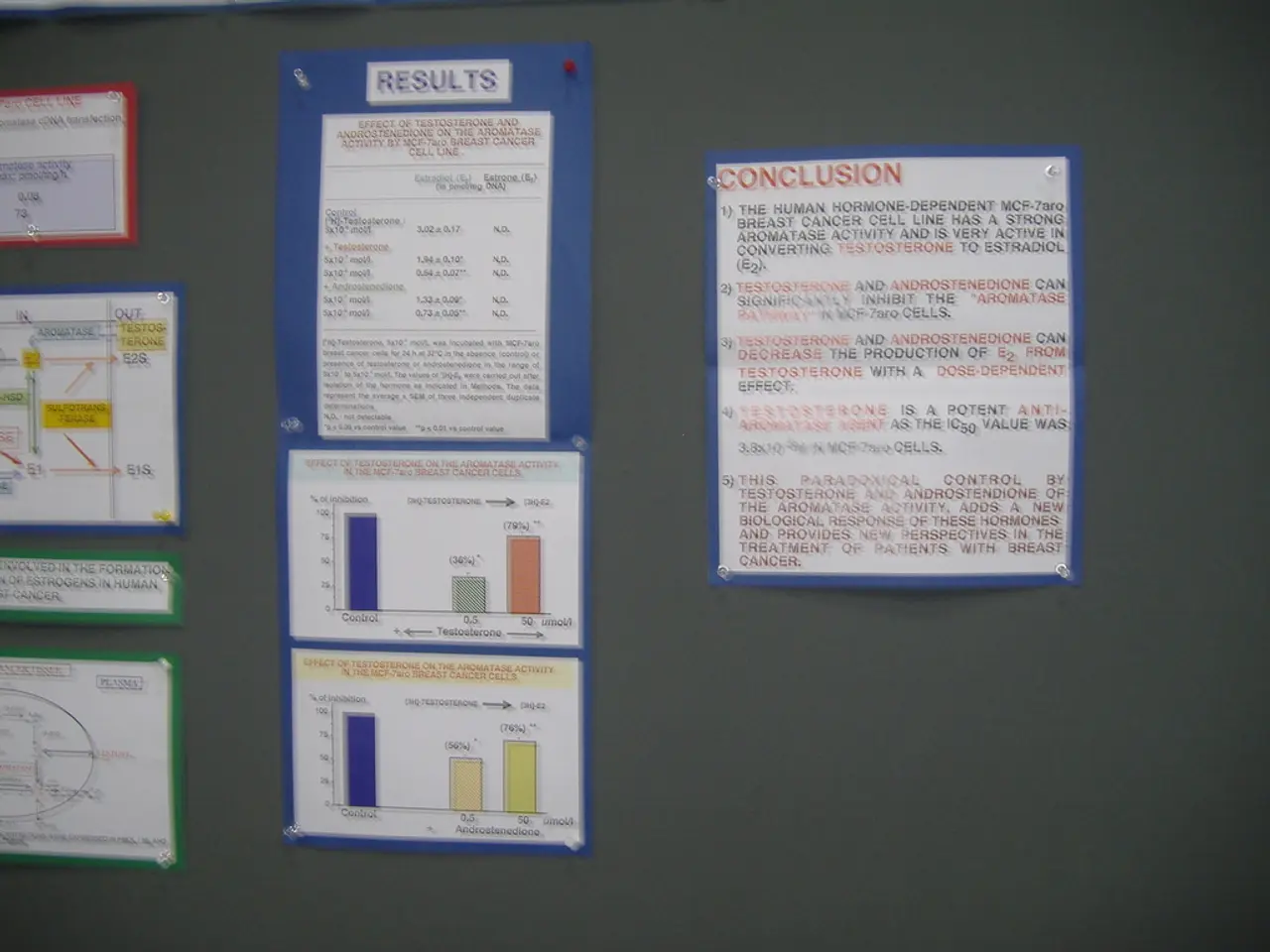Interim Statement Issued: Law Commission Confident in Its Proposed Reforms for the 1954 Act
The Law Commission is set to release a second consultation paper focusing on the technical details of potential reforms to the contracting-out procedure under the Landlord and Tenant Act 1954. The consultation, expected later this year, will explore ways to modernize the legislation while balancing landlord and tenant interests and supporting market flexibility.
One of the key areas the Commission will address is the current "contracting-out" model, which allows landlords and tenants to agree to exclude the statutory right to renew a tenancy. The provisional conclusion is that this model should be retained, as it is widely supported by stakeholders and prevents unnecessary market disruption.
However, the consultation will also delve into increased flexibility around short-term lettings. A proposed change would raise the minimum tenancy length qualifying for security of tenure from the current six months up to two years. This adjustment aims to better accommodate the short-term lettings market while maintaining the contracting-out framework.
The paper will also confirm the continuation of current exclusions of certain tenancies (e.g., agricultural tenancies) from security of tenure, as most consultees agreed these exclusions remain appropriate.
The Commission is considering whether technology solutions could be used to simplify the contracting-out process, aiming to make it more accessible for non-lawyers. Asset managers and landlords are expected to continue proactively managing expiring tenancies to ensure that security of tenure is not acquired by their tenants when the two-year term ends.
The second consultation will provide more details on the technicalities of the reform, offering insights into how the contracting-out procedure might change in practice. The Commission's report, following the second consultation, will offer a comprehensive understanding of the proposed changes and their potential impact on the commercial leasehold market.
It is important to note that changing the contracting-out model could cause unwarranted disruption to the commercial leasehold market. Parties may not manage the documents or process properly under the 1954 Act, which can result in tenants unintentionally obtaining security of tenure.
If you have any queries regarding the 1954 Act, the consultation process, or how these potential changes might affect your business, please get in touch with a member of our team. The Law Commission has published an interim statement on business tenancy reform, and the Commission's recommendations will be set out in a report to be published following the consultation.
[1] Law Commission Interim Statement, Business Tenancies: Call for Evidence (2020) [2] Law Commission Interim Report, Business Tenancies: Call for Evidence (2020) [3] Law Commission's Report, Business Tenancies: Interim Conclusions (2021) [4] Law Commission's Report, Business Tenancies: Second Consultation Paper (Expected 2022) [5] Law Commission's Report, Business Tenancies: Final Report (Expected 2023)
- Technology solutions may be implemented to simplify the contracting-out process under the Landlord and Tenant Act 1954, allowing for easier access to this process for individuals who are not lawyers.
- The Law Commission is also considering how investing in technology could aid in modernizing the legislation surrounding real-estate, particularly in the area of commercial leasehold contracts, which would impact both finance and the overall real-estate market.




